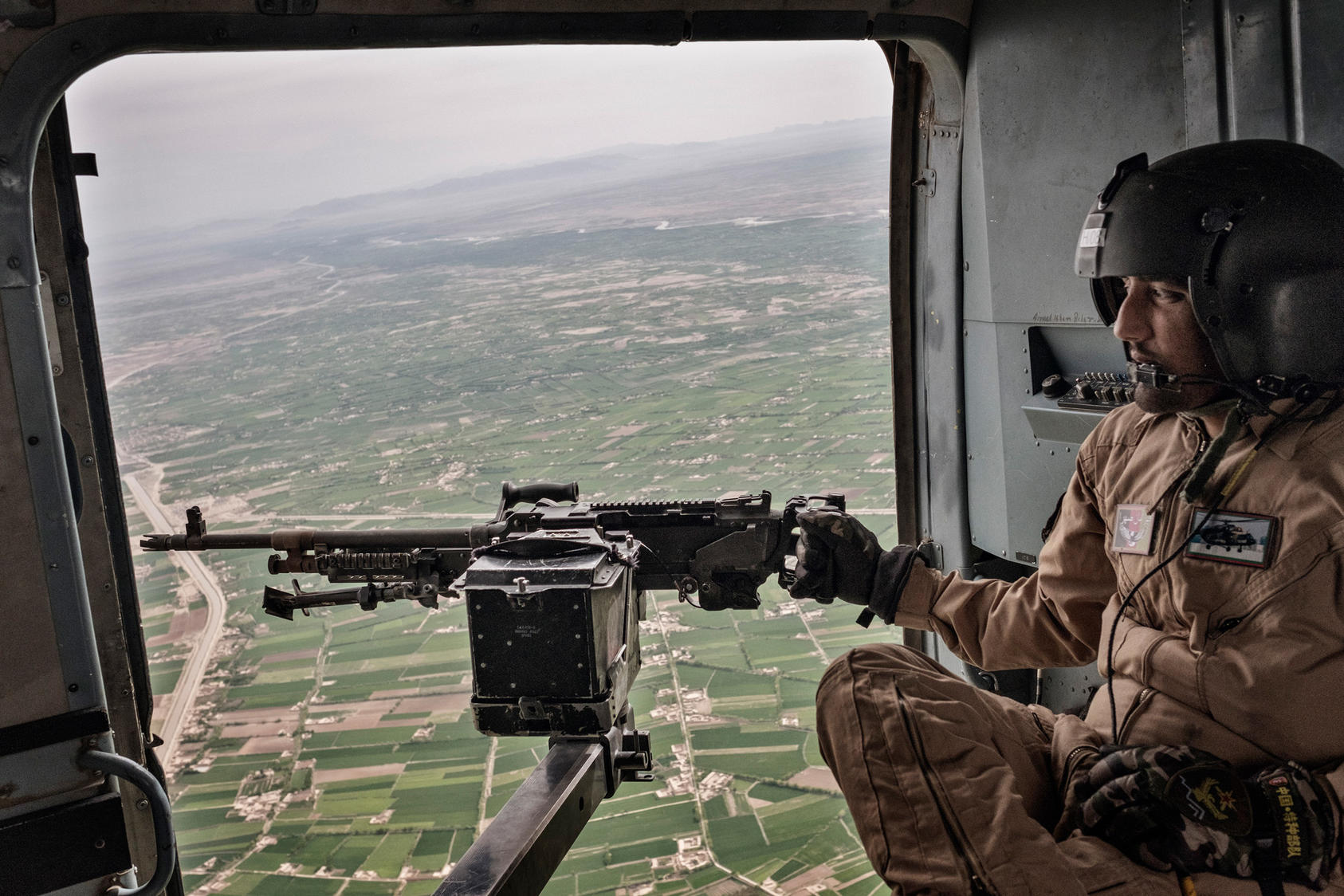On April 21, a group of 10 Taliban fighters, disguised as Afghan soldiers transporting a wounded colleague, entered the main base of the Afghan Army’s 209th Corps in the northwestern city of Mazar-e-Sharif. After a five-hour rampage through the camp, as many as 140, maybe more, Afghan soldiers were dead. The government announced a national day of mourning for a shocked nation, and the Minister of Defense and the Army Chief of Staff resigned. It was not the first such incident. Nor will it be the last.

The question is why. Is it a problem of leadership in the Afghan National Security Forces? Is the counter-insurgency strategy itself failing? After more than 15 years, thousands of souls lost in the fighting on all sides, and the expenditure of $800 billion by one estimate, why have the Taliban not been defeated? Moreover, how can it be that yet another militant group, the so-called Islamic State, is now sowing terror in Afghanistan?
The confusion and mistakes date to the beginning of the U.S. intervention in Afghanistan after the Sept. 11, 2001, attacks on New York and Washington. The military plan to overthrow the Taliban didn’t come with a political strategy to help establish a viable replacement with good governance, rule of law and sustainable development. U.S. policymakers at the time thought of those concepts as “nation building” and preferred to limit their involvement in Afghanistan to countering terrorism instead.
In 2010, I posed a challenge to a senior member of the U.S.- and NATO-led coalition: If, in your strategy to eliminate terrorism in Afghanistan, your list of militants that you have captured or killed has decreased since 2001, that means you are succeeding. If, on the other hand, your captured-or-killed list increased, it means your policy has failed.
Today, I would pose a different question to the Afghan government and the coalition. If your policy is the same now as it has been in the last 15 years, how do you expect to win the war against terror in Afghanistan with fewer soldiers and less financial support? Because if the same policy didn’t succeed with 150,000 NATO forces, it certainly is not possible for it to succeed now.
There is no doubt that weak leadership and corruption is endemic in Afghanistan. But these also illustrate the lack of a political strategy to improve governance and deal with problems at their roots.
Afghanistan’s people and their institutions face serious external as well as internal threats, and each must be confronted to stop the bloodshed—and the waste of resources. The international community needs to engage seriously with Pakistan to end all support of the Taliban and other terrorist groups and stop harboring them as strategic tools in regional power struggles. All sides—including Pakistan—suffer from the double game.
Within Afghanistan, the current government of President Ashraf Ghani must end its practice of centralizing all authority in the presidential palace. It is impossible for any single leader to be directly involved in recruitment of all personnel and overseeing all procurement, monitoring and implementation of every policy.
The President must delegate authority to his ministries and to the provincial and district governors. The way to balance responsibility and authority should be to provide clear overall direction and hold appointed officials accountable for their actions and results. But if the engine (the system) is broken, changing drivers over and over won’t help.



